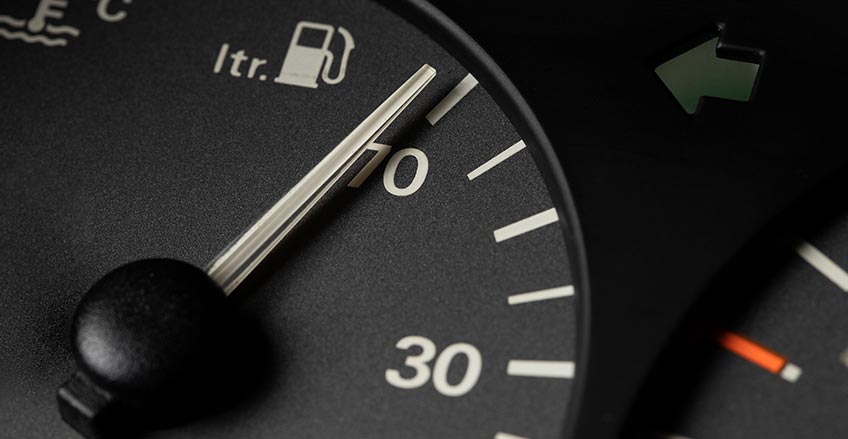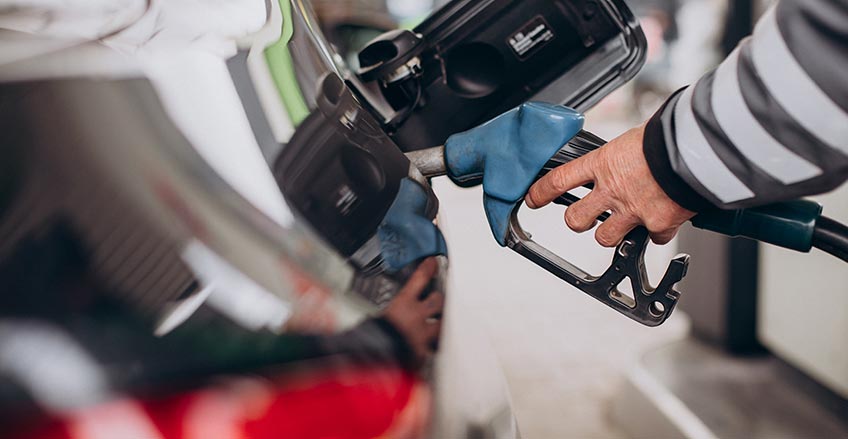How to Maximize Fuel Efficiency for Your Vehicle in Metro Vancouver’s Stop-and-Go Traffic

With the high levels of traffic congestion in Metro Vancouver, especially during rush hours, drivers often experience decreased fuel efficiency. As traffic slows and stops frequently, more fuel is consumed than during regular driving conditions. This not only impacts your wallet but also increases emissions, affecting the environment. However, there are practical steps you can take to reduce fuel consumption, even in stop-and-go traffic.
The Impact of Stop-and-Go Traffic on Fuel Efficiency
Metro Vancouver’s traffic congestion can significantly increase fuel consumption. Constantly stopping and accelerating wastes more fuel than driving at a steady pace. The frequent stops force your vehicle to work harder, especially if you’re idling for extended periods. This extra fuel use not only costs more but also contributes to air pollution.
Importance of Regular Vehicle Maintenance
Oil Changes
Regular oil changes ensure that your engine runs smoothly, reducing the amount of friction in the engine components. Clean oil reduces wear on the engine, making it more efficient and, therefore, improving fuel economy.
Air Filters
Replacing a clogged air filter can improve your car’s mileage by up to 10%. Clean air filters help your engine to burn fuel more efficiently, allowing the car to use less fuel in traffic.
Tire Pressure
Properly inflated tires can save you a significant amount of fuel. Under-inflated tires create more rolling resistance, meaning your vehicle has to use more energy (and fuel) to move. Ensure your tires are always inflated to the manufacturer’s recommended level for optimal performance.
Smooth Driving Habits for Improved Fuel Efficiency
Gradual Acceleration and Braking
Sudden stops and quick starts consume much more fuel. By accelerating slowly and braking gradually, you can reduce fuel consumption.
Maintaining a Steady Speed
In stop-and-go traffic, try to maintain a steady speed whenever possible. Using your vehicle’s momentum can help you reduce the amount of fuel used when coming to a full stop.
Reducing Idling
In traffic, idling can quickly eat away at your fuel. Whenever possible, turn off your engine if you expect to be stopped for more than a minute.
Engine Health and Fuel Efficiency
A well-maintained engine is key to maximizing fuel efficiency. Regular engine tune-ups and ensuring that your fuel injectors are clean and functioning properly will help ensure your engine runs at peak efficiency. Dirty fuel injectors can cause your engine to use more fuel.
Reducing Fuel Consumption in Heavy Metro Vancouver Traffic
Efficient Driving in Traffic Congestion
While it may seem inevitable, there are ways to reduce fuel consumption in heavy traffic. Avoiding aggressive driving, planning your routes to avoid congestion, and leaving enough space between you and the car ahead can all improve fuel efficiency.
Using Cruise Control
Although it’s not always possible in heavy traffic, using cruise control on highways or open stretches can help maintain a consistent speed, saving fuel.
The Role of Technology in Fuel Efficiency
Modern vehicles come equipped with technology designed to improve fuel efficiency. These include start-stop systems, which automatically turn off the engine when idling, and onboard fuel management systems, which give real-time feedback on your driving habits and their impact on fuel consumption.
How to Plan Routes for Better Fuel Economy
By planning your routes, you can avoid high-traffic areas, saving both time and fuel. Use real-time traffic apps or GPS systems that account for traffic conditions to help you find the fastest, least congested route.
G&S Auto Care’s Services to Improve Fuel Efficiency
At G&S Auto Care, we offer a range of services designed to help improve your vehicle’s fuel efficiency. From regular maintenance services like oil changes and tire pressure checks to fuel injection cleaning and advanced engine diagnostics, our experienced technicians can help you get the most out of every tank of gas.
Environmental Benefits of Fuel Efficiency
Reducing emissions through fuel-efficient driving practices can help improve air quality and reduce your carbon footprint. By practicing eco-friendly driving and maintaining your vehicle properly, you’re doing your part to protect the environment.
How to Save Money at the Pump with Fuel Efficiency

Fuel-efficient driving can save you a significant amount of money over time. By keeping your vehicle well-maintained and driving with fuel efficiency in mind, you can reduce the frequency of fill-ups and enjoy long-term savings.
The Role of Eco-Friendly Fuels in Maximizing Efficiency
Alternative fuels, such as ethanol and bio-diesel, can also help reduce your vehicle’s fuel consumption and environmental impact. Switching to eco-friendly fuel options can provide long-term benefits for both your vehicle’s performance and the planet.
Contact Information
- Vancouver Location: #140 – 8826 Laurel Street, Vancouver, BC V6P 3V8
- Burnaby Location: 5587 Imperial Street, Burnaby, BC V5H 3Y2
- Phone: (604) 327-7166 Vancouver (604) 436-5221 Burnaby
- Website: www.gsautocare.ca
